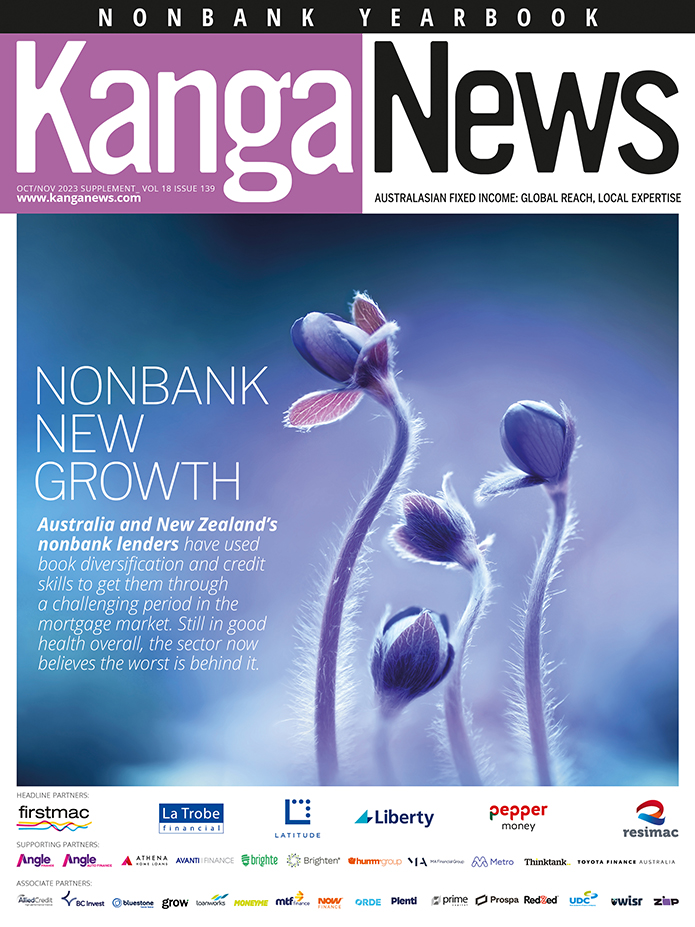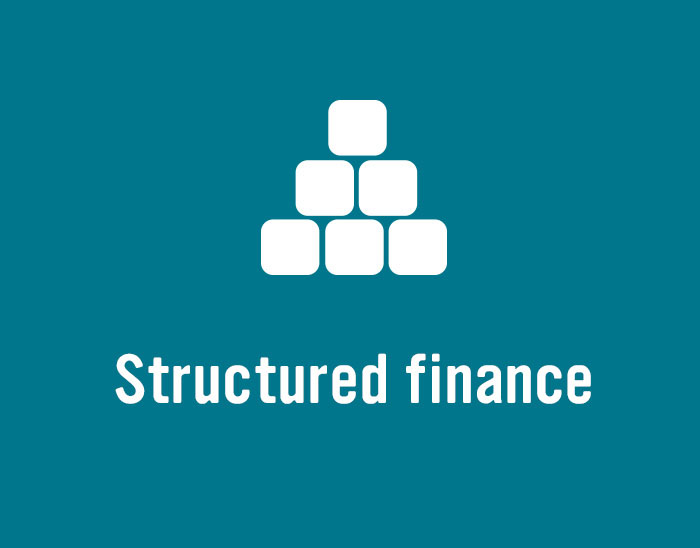
Pepper’s international business flavour
Pepper Group (Pepper) is arguably the Australian nonbank lender with the deepest global presence, having operations in various Asian and European jurisdictions. The company’s Sydney-based group treasurer, Paul Byrne, explains how a global footprint requires funding diversity and the deployment of a range of business strategies.
Pepper had a private equity injection from KKR & Company (KKR) in 2017. How has this affected Pepper’s operations?
Overall, it has been a very positive experience for us. The funds KKR has deployed into Pepper have come out of a long-dated credit fund which has an investment horizon of 8-12 years. We therefore have the ability and the time to invest in building the business we want to build and to pursue our strategy.
Have you had any feedback from debt investors around Pepper delisting?
There has been some media coverage around Pepper’s ambition to get a banking license in the UK. What is the status of Pepper when it comes to acquiring banking status abroad?
Owning a bank in the EU comes with EU passporting, which gives us the opportunity to gather retail liabilities on a pan-European basis. Similarly, in the UK we will gain access to sterling deposits. Both of these aspects are clearly beneficial from a funding-diversification perspective.
Diversification of funding is clearly critical as the Australian nonbanks grow, and in the securitisation space Pepper has been associated in particular with investor engagement in the US. What is your read on demand from US investors?
Having said this, it is great to have the whole-tranche bids but there will be a time when they are not available for whatever reason. If we were dependent on these bids we would potentially be putting whole trades at risk. If the whole-tranche bid is US$250 million, we would equally like to have five or 10 bids at US$25-50 million and have an allocation problem. The more breadth we have, the more choices we have.
A phenomenon we have seen in the Australian securitisation market is the return of global banks as warehouse lenders and originators in public bond markets. How does this affect your operations?
That said, Pepper continues to grow domestically and internationally and we do need to introduce an element of diversification into our warehouse funding mix. This means introducing international banks into the mix to drive that diversification.
We have taken the approach that we do a significant percentage of our term funding of our Australian originated assets offshore and, as a result, we have many established relationships with international banks. We have historically used these for their distribution capabilities and now we are looking to these banks to participate in our syndicated warehouse facilities, to facilitate our incremental funding and diversification objectives.

nonbank Yearbook 2023
KangaNews's eighth annual guide to the business and funding trends in Australia's nonbank financial-institution sector.








